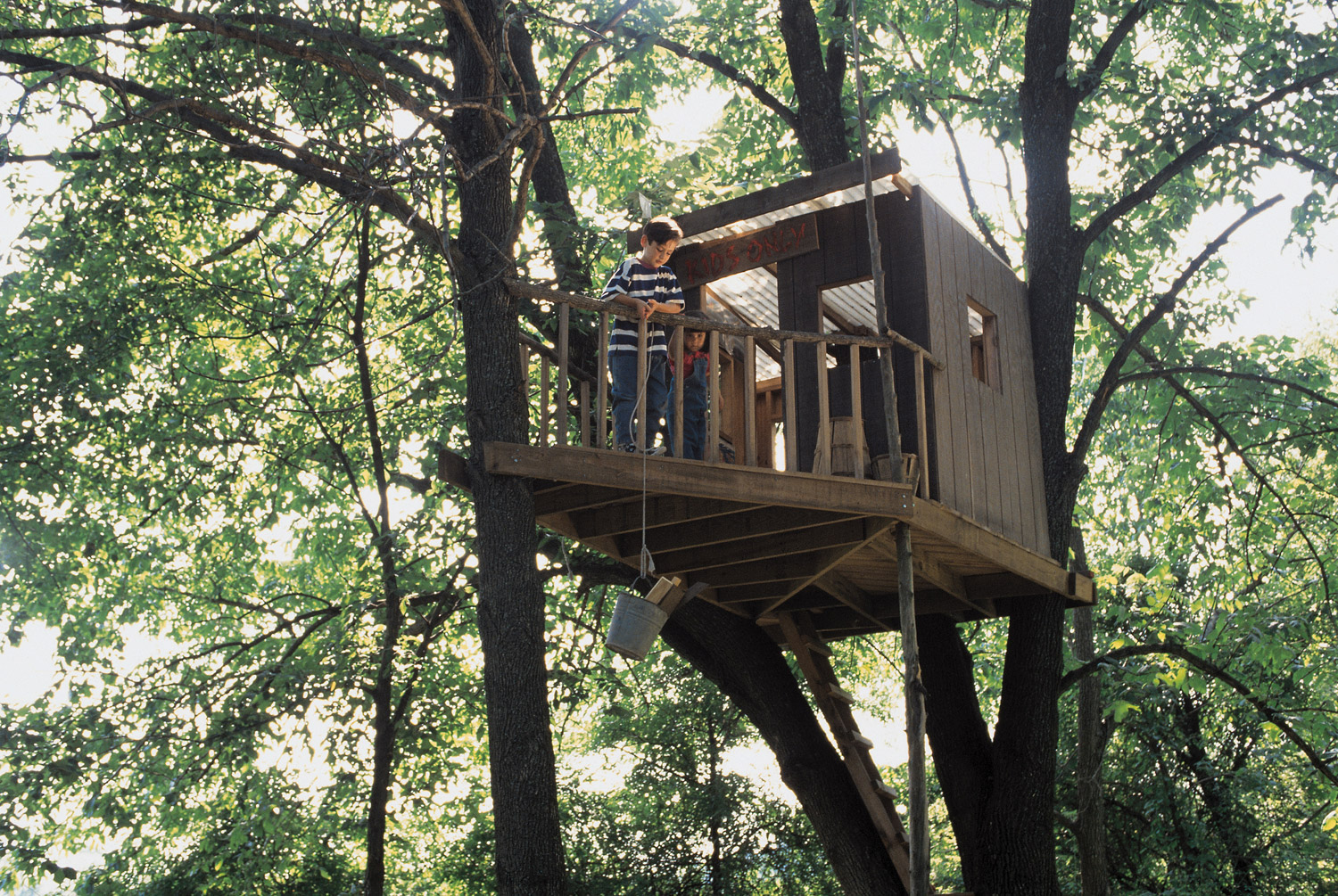
Letting Your Child Play Outside: 6 Unsuspected Benefits
Most parents refrain from letting their children play outside (in the yard, in the open air, in green spaces), to avoid possible accidents and dangers. However, playing outside is, on the one hand, a better way to keep them away from screens and any other activity related to technology (video games, television, etc.); and on the other hand, an excellent method to help them reconnect with nature. But there are so many unsuspected benefits of letting your child play outside that we will summarize in this article.
1. To strengthen the immune system

Playing outside activates a child‘s immune system and strengthens their ability to fight infections. This is because the air outside is healthier. Even in winter, playing outside is always beneficial, as infections are difficult to pass from one person to another.
Playing outside helps to familiarize children with the outside world and helps them to better resist various illnesses and allergies, regardless of the season. In other words, children who are used to playing indoors are susceptible to various infections, bacteria and viruses.
2. To improve physical condition
Playing outside keeps the body active and healthy. From a very young age, children need to move and expend energy to grow well.
Therefore, it improves their physical and psychological balance, their locomotion, their agility and their muscular endurance. Moreover, it stimulates their good mood because the outside is synonymous with freedom and joy.
After a few hours of outdoor play, the child is tired, so it’s easier to get them to bed and to fall asleep at night.
3. To introduce them to discovery

The introduction to discovery is rather reserved for outings in green spaces, such as botanical gardens, parks, forests, etc. These outings allow your child to become familiar with nature and to learn to recognize plant and animal species. For ecologists and naturalists, nature outings will enable them to pass on to their children the value of protecting the environment and to make them aware of joining this cause.
Moreover, these outings develop the 5 senses and the curiosity of children, and they can indulge in all activities related to nature under the supervision of parents, such as running, climbing, jumping, sliding, throwing and catching.
4. To develop imagination and creativity
When children play in outdoor spaces, they are on an adventure and are quickly transported into the imagination. Once outside, the child must occupy themselves independently because they will only have a few things, and they will have to adapt to them. To do this, they will have to create outdoor games, to practice alone or with other children and a whole new world, where they will play the role of new characters.
5. To improve their social skills
If your children are siblings, you should encourage them to play outside. You can even join them. This will strengthen the bond between siblings and even the family bond because family bonding is enhanced, and time spent together is enjoyed through outdoor activities.
Playing outside is also a good opportunity for children to make new friends, with your neighbours’ children for example. They will develop a sense of empathy, flexibility, and introspection in doing so.
6. To develop self-confidence

When outdoors, children are free to explore their environment. They are tempted to try new activities that allow them to experience successes and failures. Playing outside is also beneficial to your child’s personality, especially in terms of self-confidence, independence and responsibility.
But it is important to make them aware of the need to play and act with caution when they are outside. Sound off in the comments section below and tell us what you want to read next.
You May Also Like

Everything You Need to Know About Baby Milk
2023-02-23
Premature Baby Bottle: Choosing the Right Bottle for Your Tiny Miracle
2023-09-22


One Comment
Pingback: